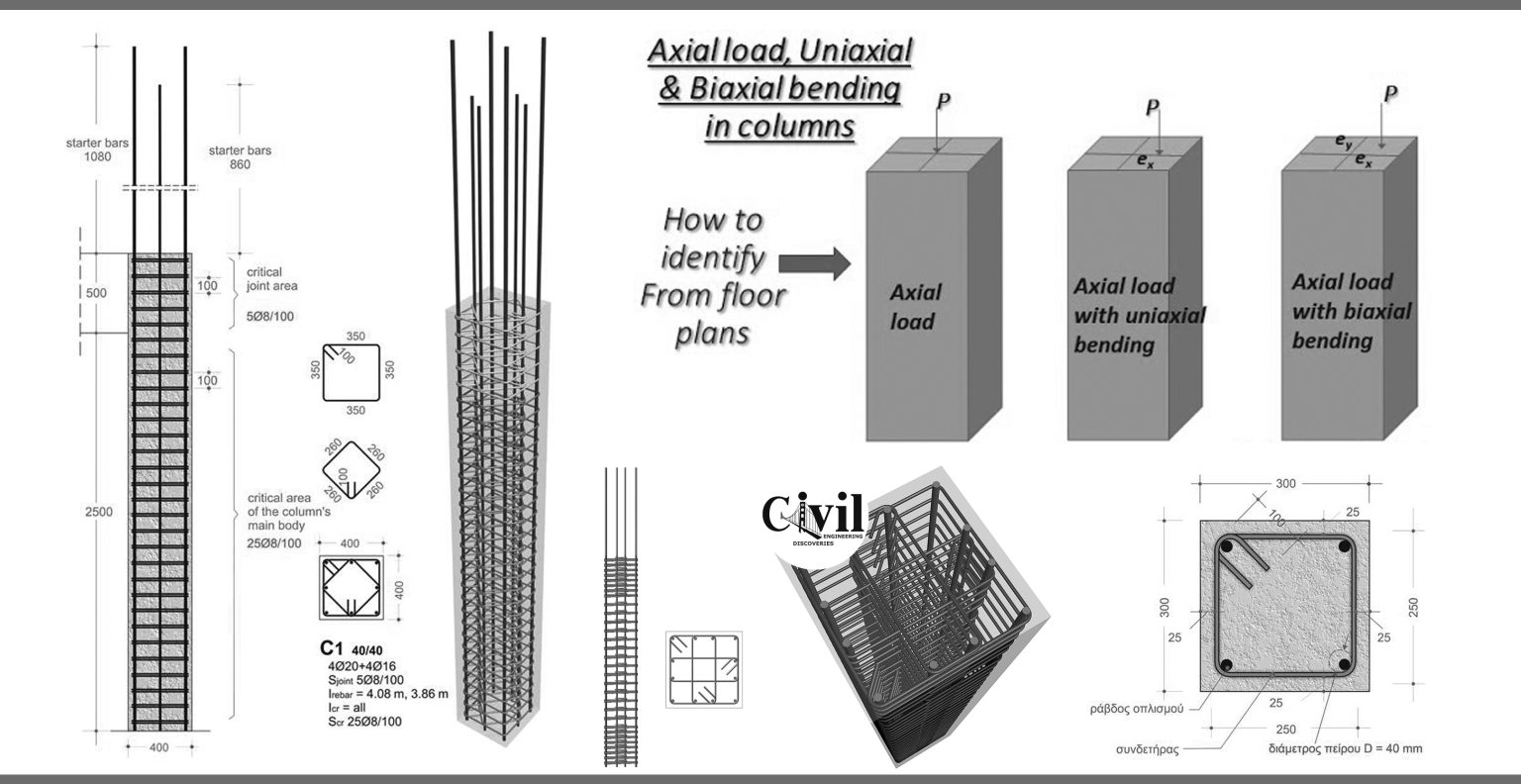
Guide To Design Of RCC Columns Engineering Discoveries
Reinforced concrete, also called ferroconcrete, is a composite material in which concrete's relatively low tensile strength and ductility are compensated for by the inclusion of reinforcement having higher tensile strength or ductility. The reinforcement is usually, though not necessarily, steel bars and is usually embedded passively in the concrete before the concrete sets.

RCC Slab Construction Techniques I Step by step procedure YouTube
Disadvantages of reinforced cement concrete: The tensile strength of this concrete is 1/10 of its compressive strength. The price of this concrete used for casting is comparatively excessive. The RCC column section is larger than the metal section for multi-story construction. Due to the shrinkage, the crack increases and the strength decreases.
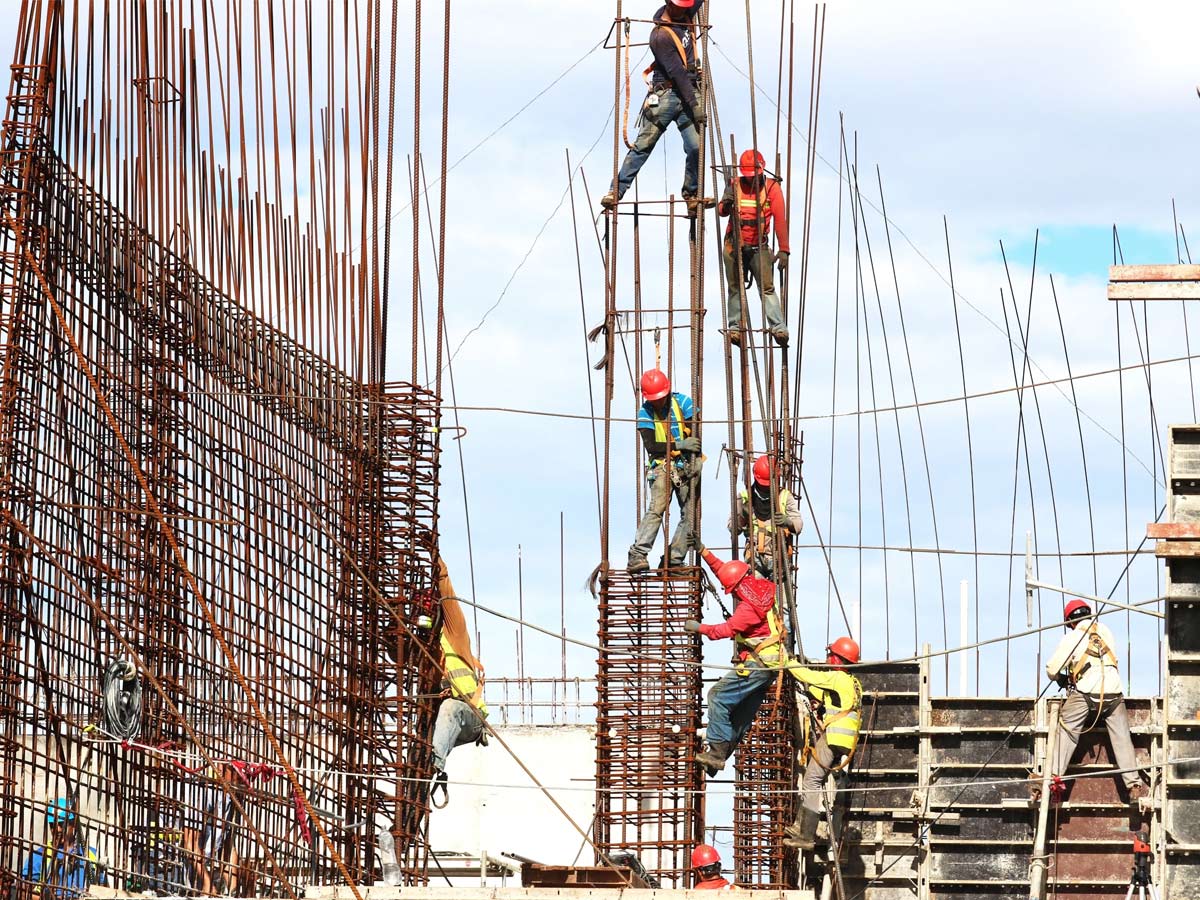
Rcc Construction SST Technologies
Roller-Compacted Concrete (RCC) Roller-compacted concrete, or RCC, is named from the construction method used to build it. It's placed with conventional earthmoving or paving equipment, then compacted with vibratory rollers. RCC is used for mass concrete applications, such as constructing a dam, or in relatively thin flat layers such as a pavement.

Constructor Dreams RCC FRAMED STRUCTURE BUILDINGS
Reinforced Cement Concrete (RCC) is a composite building material consisting of structural concrete reinforced with a reinforcing material like steel. The most common reinforcement used is steel, due to its complimentary properties and it is called steel reinforced cement concrete or simply Reinforced Cement Concrete.

What Is Reinforced Cement Concrete (RCC)?
RCC or Reinforced Cement Concrete Construction is one of the most common methods used for construction worldwide. The RCC structures are known for their durability, strength, and versatility, making them ideal for both residential and commercial buildings. RCC Construction involves the use of steel bars or rods, also known as reinforcement, and.

Advantages Of RCC Framed Structure Buildings Daily Civil
The term "RCC" stands for "reinforced cement concrete. It is one of the most commonly used and versatile construction materials in the construction industry. RCC structures are the most durable, economical, versatile, and long-lasting construction materials. The RCC is suitable for all types of buildings and infrastructure projects.

Basement Rcc Retaining wall reinforcement construction YouTube
Reinforced concrete is a combination of traditional cement concrete with reinforcements (steel bar). This combination is made to use the compressive strength of concrete and tensile strength of steel at the same time, hence, work together to resist many types of loading.

What is PCC DPC and RCC in civil engineering RCC and PCC
Most people planning to construct their homes are unfamiliar with the materials used in construction. Although it is optional to know all the details of the materials used for constructing the house, the knowledge of some major components used in building construction helps to make smart and budget-friendly choices. Reinforced Cement Concrete (RCC) is one of the most commonly used terms.
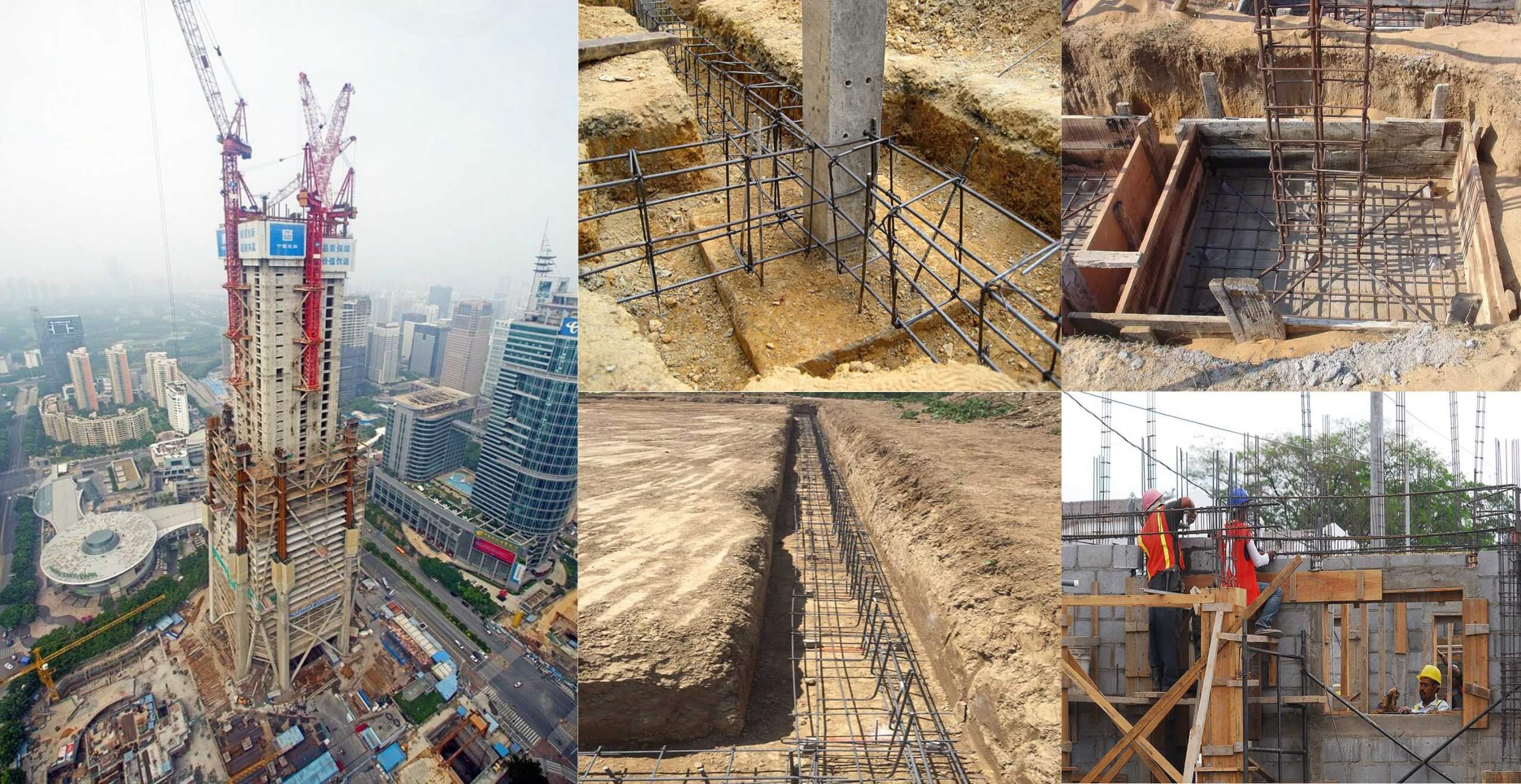
How To Create The Design Of RCC Structures Engineering Discoveries
RCC slab is a structural element that provides a horizontal planar surface for floors, roofs, decks, etc., used in the construction of numerous structures. RCC slab construction involves a combination of concrete and steel reinforcement. This combination provides compressive strength and enhanced tensile strength to increase the overall.

Basic Construction Process Of RCC Column
The use of RCC was selected for construction because it can save almost one year of construction time because the site environment was so harsh to proceed the construction work due to approaching winter. The dam is 100m high and with a river bed width of 200 m and concrete volume of 1.14 million m 3.
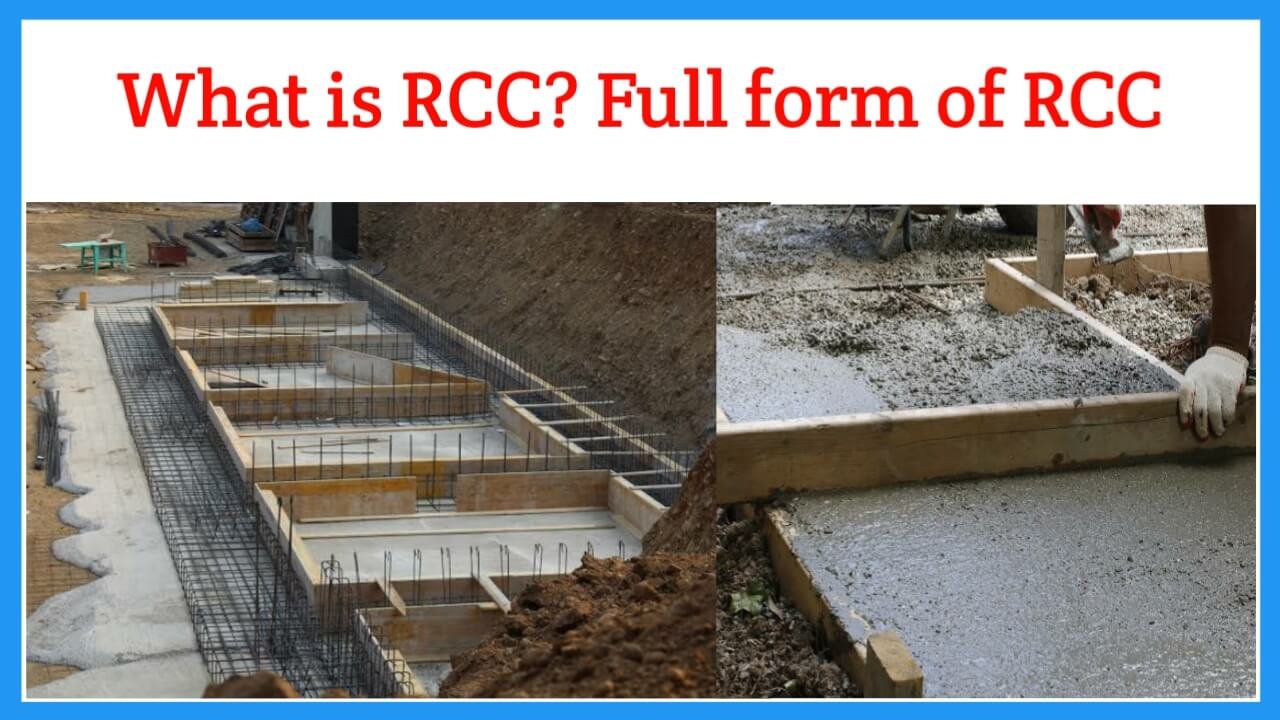
What Is RCC Full Form In Civil Engineering RCC Amazing Facts
Reinforced cement concrete (RCC) is a type of concrete that uses reinforcing fibers to improve the strength and stability of the concrete. The fibers are woven into the concrete before it's poured, and they help to distribute pressure and stress throughout the material.

Making RCC Column after Design on Site How to make RCC column for Building YouTube
30 x 40 Site House Construction Cost 30 x 50 site house construction cost 60 x 40 site house construction cost 40 x 50 site house construction cost. Estimate RCC/ Reinforced cement concrete quantities cement, sand and aggregate.. Select Si unit: feet / Inch. meters / cms. Length: Breadth*: Thickness*: Reset. Calculate. Results:

RCC Column Construction Methods and steps at the site.
RCC concrete Construction (Placing of Concrete) A. Concrete is placed only in the presence of the Employer's Representative or his authorised representative.After the surface has been prepared satisfactorily, surfaces or construction joints upon which new concrete is to be placed, are flushed with a coat or neat cement grout or covered with a layer of mortar approximately 3 cm thick.
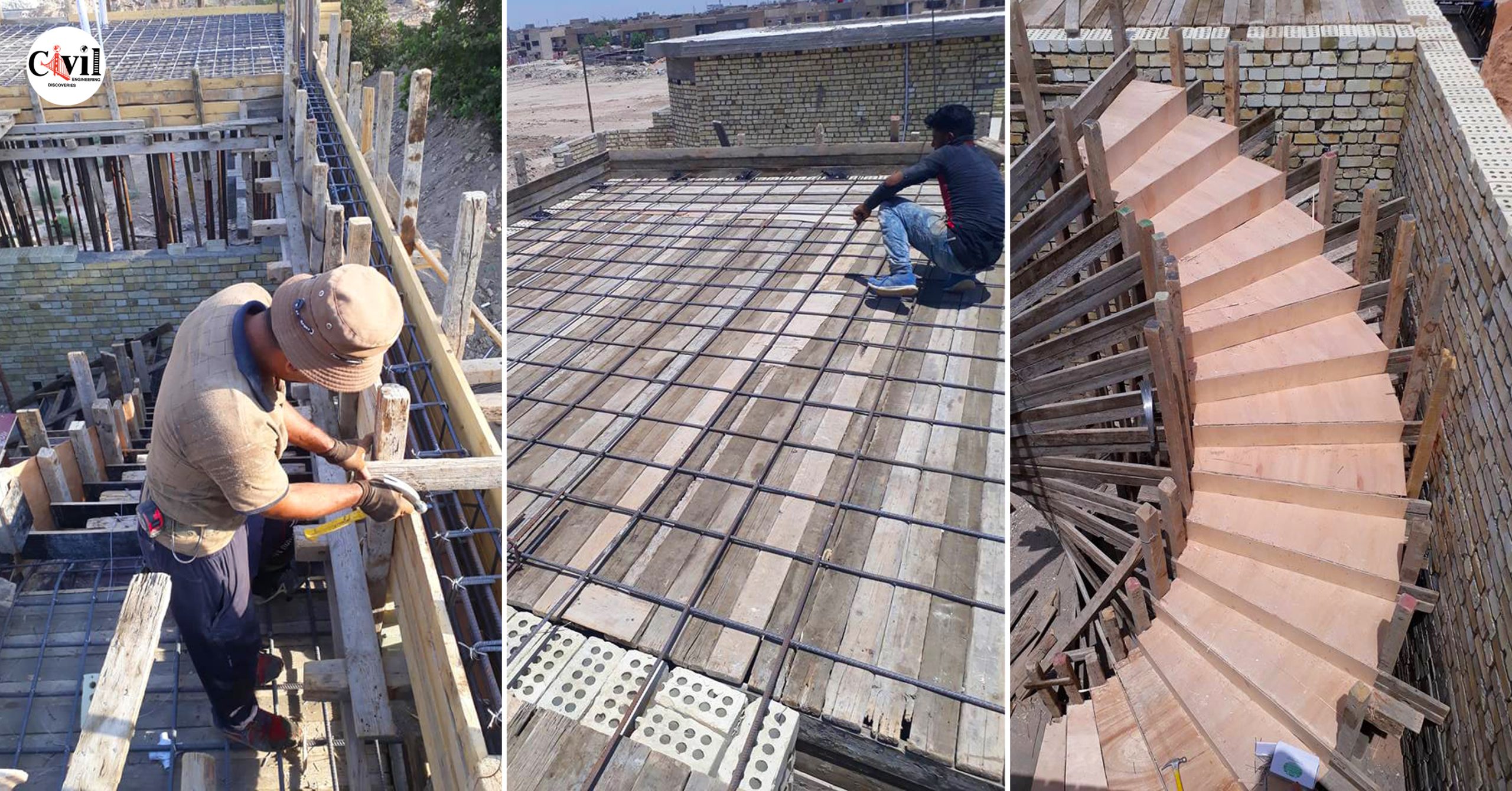
31+ Pictures Of RCC Concretes Under Construction! Engineering Discoveries
Reinforced Cement Concrete (RCC) is amongst the most commonly recognizable terms related to building construction. Let us look in detail to understand RCC in building construction, the significance of the term "reinforced'' in RCC and its properties and advantages. RCC or Reinforced Cement Concrete What is RCC in Building Construction?

The Importance of RCC Foundation in the Construction of Buildings Confident Group
This article will demystify reinforced concrete and provide an overview of the key principles for successful construction. Reinforced concrete is a composite material made of concrete and steel. It has a higher strength-to-weight ratio than other materials and can withstand greater loads. Reinforced concrete is a cost-effective and durable.
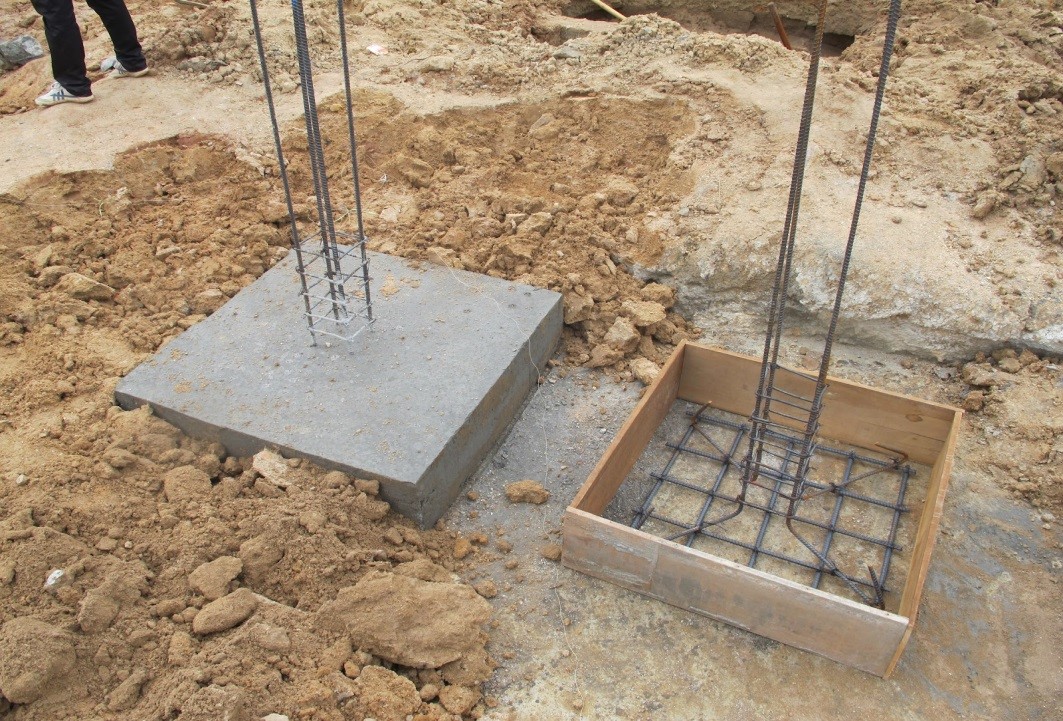
Tips and Checks for Constructing RCC Foundation Properly Happho
1. Properties of Reinforced Cement Concrete (RCC) 2. Advantages of Reinforced Cement Concrete (RCC) 3. Disadvantages of Reinforced Cement Concrete (RCC) 4. Uses of Reinforced Cement Concrete (RCC) 5. Basic Assumptions of Reinforced Cement Concrete (RCC) 6. General Requirements of R.C.C. Design 7. Causes of Failure of Reinforced Cement Structures 5.